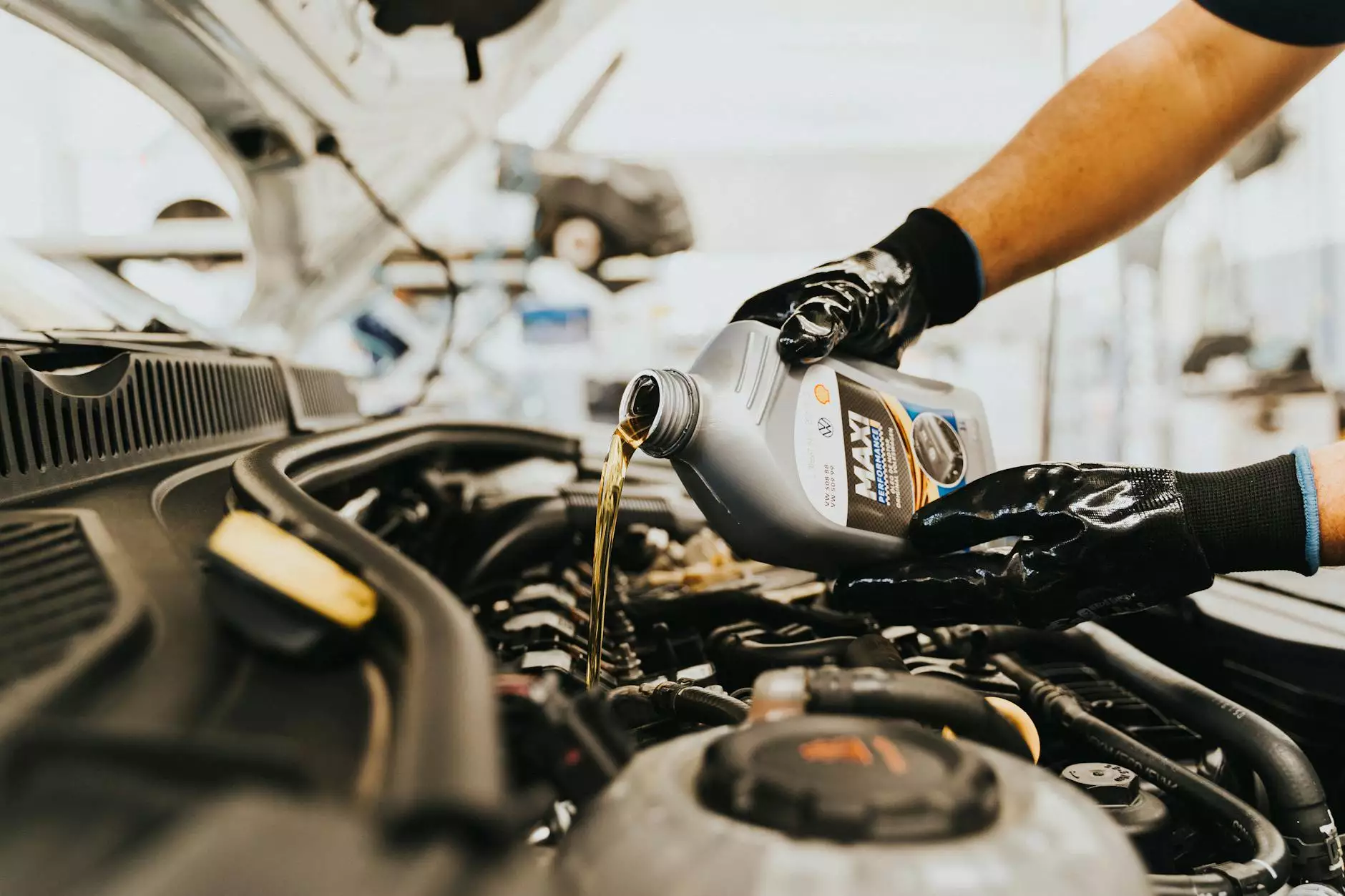Biodiesel FAQ
Biodiesel
What is Biodiesel?
Biodiesel is a renewable, clean-burning alternative fuel that can be used in diesel engines without any modification. It is made from a variety of feedstocks such as vegetable oils, animal fats, and recycled cooking oil. Biodiesel is biodegradable, non-toxic, and significantly reduces harmful emissions compared to conventional diesel fuel.
How is Biodiesel Produced?
The production of biodiesel involves a process called transesterification, where the feedstock is mixed with an alcohol, typically methanol, and a catalyst such as sodium hydroxide or potassium hydroxide. This chemical reaction separates the glycerin from the oil/fat molecules, resulting in the production of biodiesel and glycerin as by-products. The biodiesel is then washed to remove any remaining impurities and is ready for use.
What are the Benefits of Biodiesel?
Biodiesel offers several environmental and economic benefits:
- Reduced Emissions: Biodiesel significantly reduces greenhouse gas emissions, particulate matter, sulfur dioxide, and carbon monoxide, contributing to cleaner air and improved public health.
- Renewable Energy Source: Biodiesel is derived from renewable resources, unlike fossil fuels, which deplete over time.
- Supports Local Economy: Biodiesel production promotes local agriculture and recycling programs, contributing to the growth of local economies.
- Increased Energy Security: Biodiesel reduces dependence on imported petroleum, enhancing energy security by utilizing domestically available feedstocks.
Can I Use Biodiesel in my Vehicle?
Most diesel vehicles can run on biodiesel without any modifications. Biodiesel blends, such as B20 (20% biodiesel and 80% petroleum diesel), are commonly available and compatible with most diesel engines. However, it's always recommended to consult your vehicle manufacturer or check the owner's manual for any specific recommendations or warranty considerations.
What are the Storage and Handling Requirements for Biodiesel?
Biodiesel should be stored in a cool, dry place away from direct sunlight. Like conventional diesel fuel, it should be kept in containers made of materials compatible with the fuel, such as stainless steel or high-density polyethylene (HDPE). It is important to prevent the fuel from coming into contact with water or contaminants as they can reduce its quality and performance.
Are There any Tax Incentives for Using Biodiesel?
Yes, there are tax incentives available for using biodiesel. The federal government, as well as some state governments, offer tax credits or exemptions for the production, blending, and use of biodiesel. These incentives are aimed at promoting the adoption of clean and renewable energy sources.
How Can I Purchase Biodiesel?
Biodiesel can be purchased from various sources, including fuel retailers, biodiesel producers, and distributors. It is essential to ensure that the biodiesel meets the necessary quality standards and complies with relevant regulations. We Buy Junk Cars Charlotte offers high-quality biodiesel that meets all industry standards and can be purchased directly from our website or by contacting our customer support team.
Is Biodiesel Compatible with Current Infrastructure?
Yes, biodiesel is compatible with existing diesel fuel infrastructure, including storage tanks, pipelines, and dispensing equipment. Biodiesel blends can be used in conventional diesel engines and do not require major modifications or upgrades to existing systems. As biodiesel becomes more widely adopted, the availability and accessibility of biodiesel refueling stations continue to increase.
What is the Shelf Life of Biodiesel?
The shelf life of biodiesel, when properly stored, can be several months to a year. However, as with any fuel, biodiesel should be used within the recommended timeframe to ensure optimal performance. It is essential to follow proper storage practices and use a first-in, first-out approach to maintain fuel quality.
Is Biodiesel Considered a Renewable Fuel?
Yes, biodiesel is considered a renewable fuel as it is produced from sustainable sources. The feedstocks used in biodiesel production, such as vegetable oils and animal fats, can be replenished through agricultural practices and waste recycling. The use of renewable fuels like biodiesel helps reduce dependence on finite fossil fuel resources.
Conclusion
Biodiesel is a sustainable, clean-burning alternative fuel that offers numerous environmental and economic benefits. With its compatibility with existing diesel infrastructure and growing availability, biodiesel is becoming an increasingly viable option for reducing harmful emissions and promoting a greener transportation sector. At We Buy Junk Cars Charlotte, we are committed to providing high-quality biodiesel that meets industry standards and contributes to a cleaner, more sustainable future. Purchase biodiesel from us today and join the movement towards a greener tomorrow.










